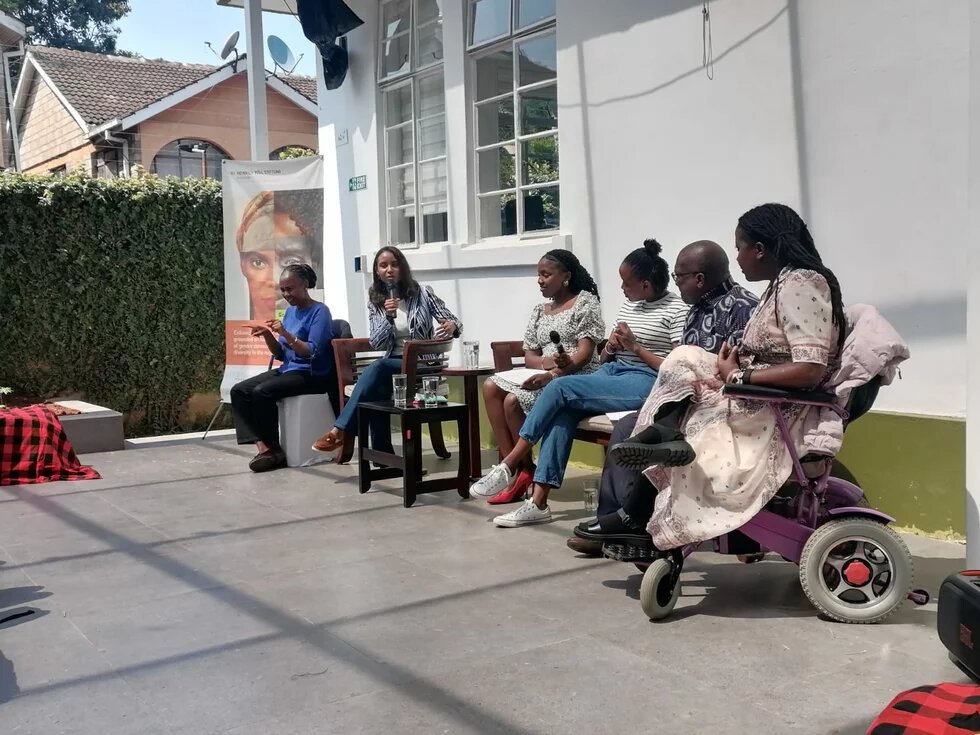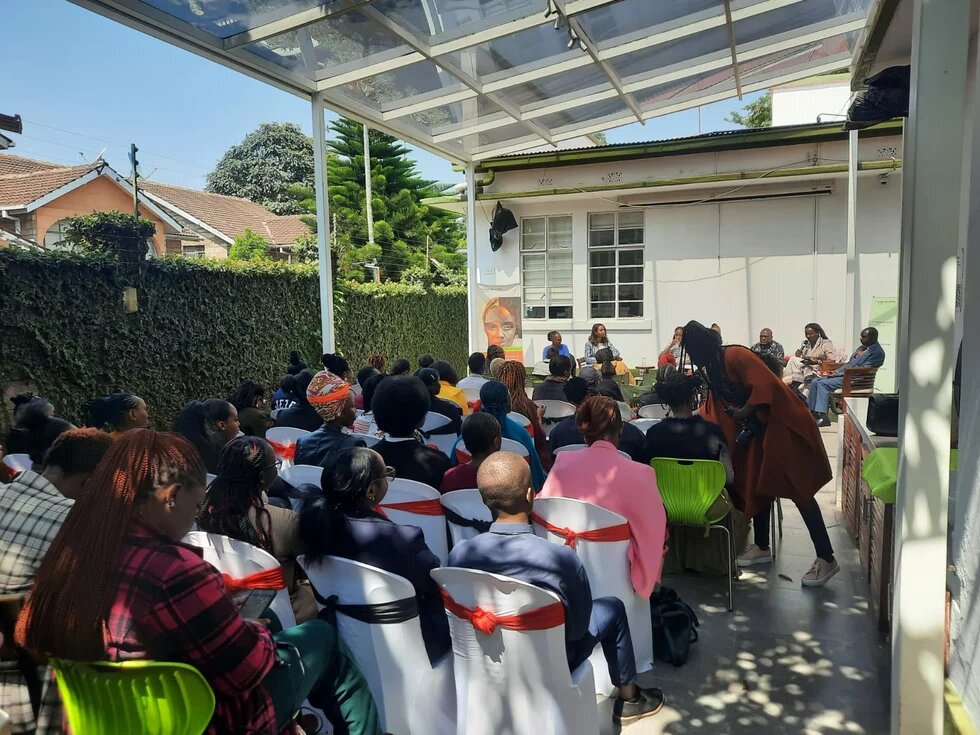
On July 25th, 2024, the Heinrich Böll Foundation in partnership with the Young Women's Leadership Institute (YWLI) hosted a pivotal Gender Forum at the Heinrich Böll Foundation's Nairobi office to raise raising awareness about femicide in Kenya

Reflecting on the Gender Forum: A Collective Stand against Femicide in Kenya.
On July 25th, 2024, the Heinrich Böll Foundation in partnership with the Young Women's Leadership Institute (YWLI) hosted a pivotal Gender Forum at the Heinrich Böll Foundation's Nairobi office to raise raising awareness about femicide in Kenya
This event was a significant step in the ongoing fight against femicide in Kenya—a form of gender-based violence that has claimed the lives of over 500 women since 2016. The forum brought together activists, government representatives, researchers, and community leaders to raise awareness, discuss root causes, and forge a path toward eradicating this deeply entrenched issue.
A Critical Dialogue in a Time of Crisis
Kenya has seen a troubling rise in femicide cases, driven by systemic gender inequality, cultural norms, and economic disparities. In this context, the Gender Forum was both timely and necessary. The event highlighted the prevalence of femicide, showcase the feminist movement's advocacy efforts, and explore avenues for support and collaboration. Participants included human rights defenders, women in media, and members of the queer community, all of whom are on the front lines of this battle.
The forum's objectives aligned with the broader strategic goals of creating safer spaces and promoting gender equity and justice in Kenya. By addressing the specific challenges faced by women, particularly those in marginalized communities, the event underscored the urgent need for collective action to end femicide.
Key Highlights and Achievements
The event featured a powerful panel discussion with notable feminist activists such as Zaha Indimuli and Noni Maingi from the End Femicide Movement, alongside Mr. Paul Okoth from the State Department of Gender, and Disability Justice Practitioner and Intersectionality Consultant Njahira Wangari. The discussion provided a platform for open dialogue about the pressing issue of femicide and violence against women in Kenya. One of the most poignant moments of the event was the creation of a mural on canvas, representing the voices and calls to action of the participants—a visual testament to the collective will to end femicide.
A significant achievement was the State Department of Gender's expressed commitment to addressing femicide, acknowledging the alarming increase in reported cases. The forum also facilitated networking opportunities and showcased exhibitions of existing feminist work, reinforcing the importance of continued advocacy and collaboration.
Lessons Learned and Future Directions
One of the critical lessons from the forum was the recognition that femicide, distinct from general homicide due to its gender-based nature, requires specific legal responses and protections for women. The panel discussion revealed significant gaps in the formal recognition and recording of femicide cases, highlighting the need for better data collection and reporting. The forum also shed light on the inadequacies of media coverage, which often sensationalizes femicide rather than addressing its root causes.
Participants called for stronger legal frameworks, social protection measures, and comprehensive support systems for survivors. There was a unanimous agreement on the need for early education on gender equality and violence prevention as a long-term strategy for cultural change.
Moving Forward: Commitments and Recommendations
The forum concluded with strong commitments from participants, duty bearers, and young feminist advocates. Key recommendations included demanding accountability from government agencies, improving legal frameworks, and developing programs to help local communities report and prevent femicide. There was also a call for more responsible media coverage and comprehensive training programs for government officials and stakeholders.
As we move forward, the need for enhanced advocacy, stronger partnerships, and better policy frameworks is clear. The fight against femicide is far from over, but with continued collaboration and a collective commitment to justice, we can make strides toward a safer and more equitable society.
Together, we can end femicide in Kenya.

